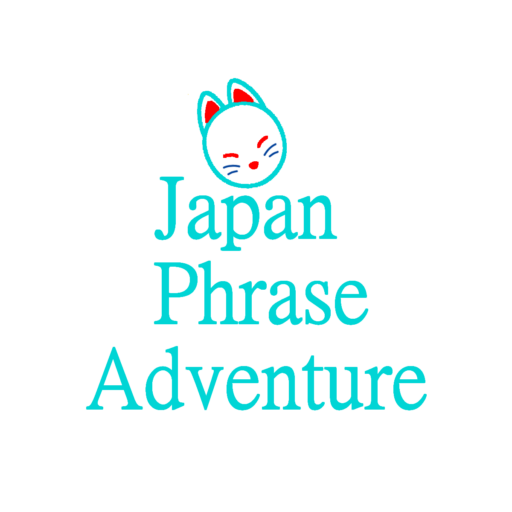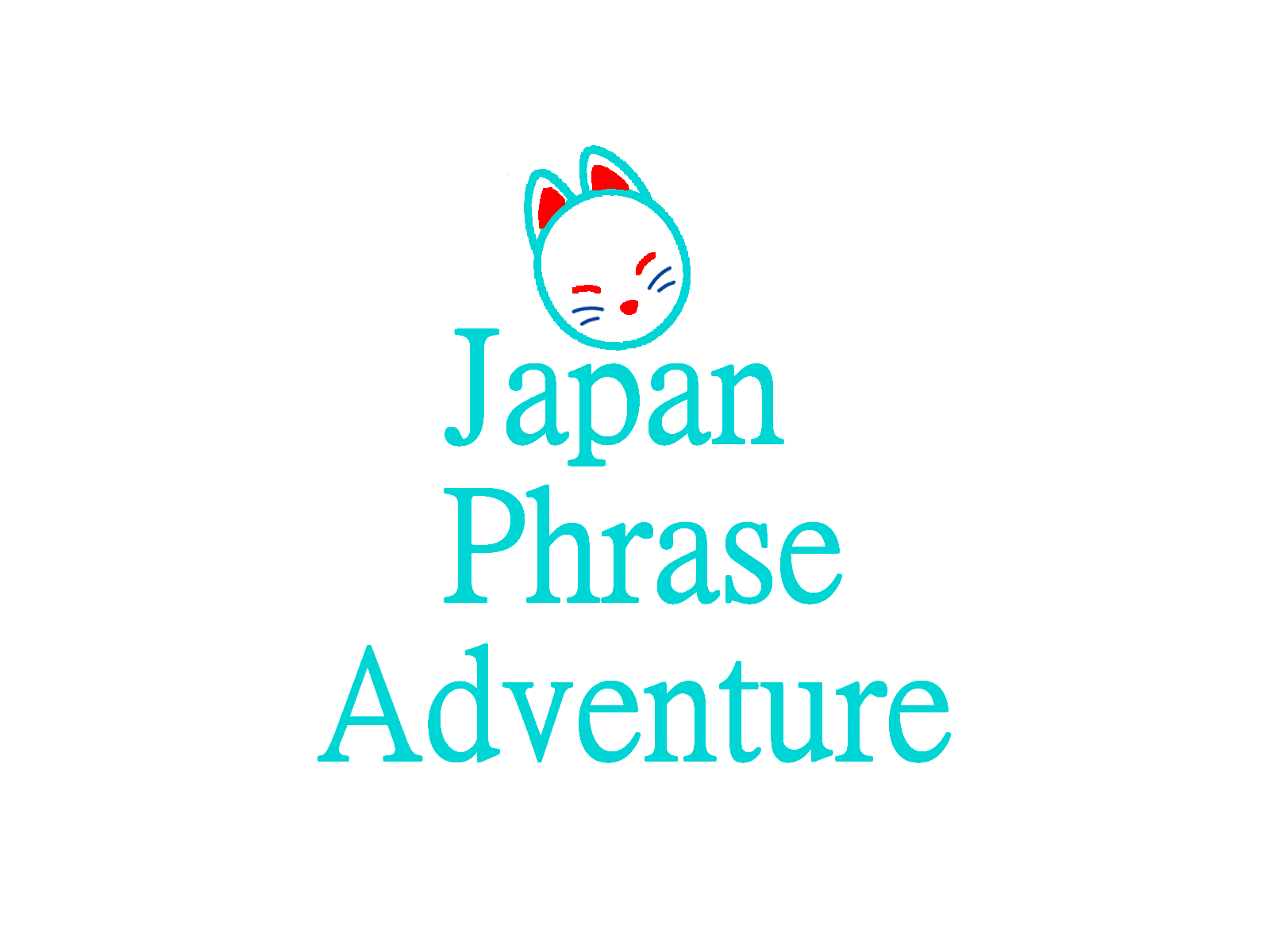“おじさんOjisan” or “おばさんObasan”? Be Careful! How to Call Middle-Aged People in Japan Without Offending Them
Hi! I’m miyabi, a Japanese woman who’s probably somewhere between “onee-sanおねえさん” and “oba-sanおばさん”… though I guess I’m leaning more toward “oba-san” these days! But if you’re going to call me something, at least make it “oba-chan,おばちゃん” okay?
Today, I want to share something very unique to Japanese culture — how we refer to middle-aged people like “おじさんojisan” or “おばさんobasan,” and why you should be very careful when using these words in Japan.
- 1. What Does “Ojisan” or “Obasan” Mean?
- 2. “Ojisan” vs “Ojichan” – Small Change, Big Difference! Japanese is full of subtlety, especially when it comes to honorifics. Compare these:
- 3. Some People Don’t Like Either
- 4. The Power of “Onee-san” — The Clever Compliment
- 5. So What Should You Say?
- Final Thoughts from miyabi
1. What Does “Ojisan” or “Obasan” Mean?
In Japanese, “ojisan” (おじさん) means “uncle” and “obasan” (おばさん) means “aunt.” But it also casually refers to any middle-aged man or woman, even if you’re not related.
You’ll often hear children call friendly adults this way:
- “おじさん、こんにちはOjisan, konnichiwa!” (Hello, mister!)
- “おばさん、ありがとうObasan, arigatou!” (Thank you, ma’am!)
But wait — just because someone looks middle-aged doesn’t mean you can use those words safely!
2. “Ojisan” vs “Ojichan” – Small Change, Big Difference! Japanese is full of subtlety, especially when it comes to honorifics. Compare these:
– **Ojisan / Obasan**: Grammatically more polite, but can sound a bit formal, cold, or even awkward when talking directly to someone — especially if they’re sensitive about age!
– **Ojichan / Obachan**: Technically less formal, but much warmer and friendlier. It feels familiar, affectionate, and even flattering in the right context.
Interestingly, in some regions like Kansai, calling someone “obachan” is not only acceptable — it’s kind of a compliment. On the other hand, “obasan” can feel stiff or even a little rude because it highlights age without warmth.
Call someone “obachan” there, and you might get a cheerful “What is it, dear?”
Call them “obasan”? Watch out — you might get the stink eye!
“Obachan” is okay, but don’t you dare call me “obasan”!
So yes, the “-chan” vs “-san” makes a big difference.
3. Some People Don’t Like Either
Of course, not everyone wants to be called either.
Why? Because there’s no clear rule about when someone officially becomes an “ojisan” or “obasan.”
Many people still feel young, and calling them by an age-related title might feel like an insult.
This also applies to “おじいさんojiisan” (grandpa) or “おばあさんobaasan” (grandma) — especially if the person doesn’t feel “old” yet.
4. The Power of “Onee-san” — The Clever Compliment
Back in the Showa era, and even now in some markets, Japanese vendors had a funny way of attracting customers.
Instead of calling out “obasan,” they’d say:
“Onee-san! Want some tomatoes? Just for you!”
Even if the woman was clearly in her 40s or 50s, calling her “onee-san” (which means “young lady” or “big sister”) was a smart move. And it often worked!
“Me? Onee-san? You’re such a flatterer! Okay, I’ll take some tomatoes then.”
This playful exchange is still seen in fiction and nostalgic scenes. It shows how clever use of words can brighten someone’s day.
5. So What Should You Say?
If you’re a foreigner visiting Japan, here’s my advice:
- Avoid calling someone “obasan” or “ojisan” unless they say it’s okay.
- If you’re unsure, try a more neutral phrase like:
- “Sumimasen” (Excuse me)
- Or just smile and gesture!
- If you want to be charming (and a little cheeky), try “onee-san” or “onii-san” — it often brings a smile, especially if you say it sweetly.
Golden Rule:
When in doubt, go cute — not formal. You’ll sound friendlier and avoid accidental offense.
Final Thoughts from miyabi
Japanese is full of unspoken rules and delicate feelings. How we call each other reflects not just age, but relationships, affection, and culture.
As someone who’s teetering between “onee-san” and “oba-chan,” I say:
If you have to call me something, make it cute! I’ll forgive “obachan,” but not “obasan.”
そこのお兄さんお姉さん!
(Yes, I’m calling you “onii-san” and “onee-san” on purpose — because in Japan, calling someone that way can make them smile. And I like making people smile!)
If you enjoyed this article, feel free to
subscribe to my YouTube channel,
or share this post with your fellow Japan lovers!
And if you’d like to support my work even more, you can also visit my
Ko-fi (but no pressure — your support in any form means a lot!)
Thanks for reading! Stay curious, stay kind, and enjoy learning Japanese!
Thanks for reading! If you enjoyed this, check out my YouTube channel:
Japan Phrase Adventure on YouTube — I talk more about Japanese language and culture in fun, relatable ways.



